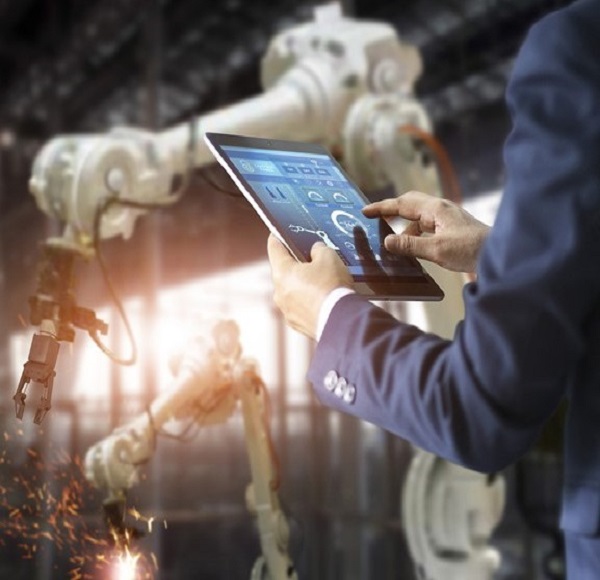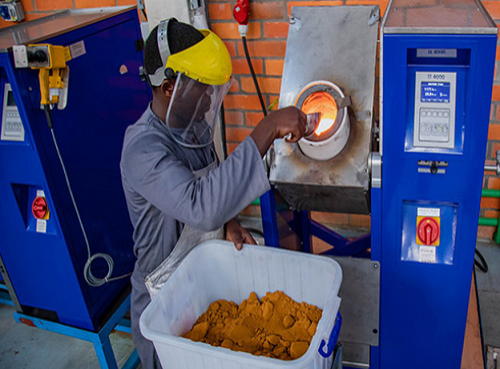Nearly half of manufacturers are planning to invest in digital technologies in order to lower the carbon footprint of their operations, a study has found.
The digital tools most commonly cited included data analytics, supply chain management and full automation of business processes including finance, human resources, manufacturing and procurement.
The research also found that manufacturing businesses are investing in digital technologies more than ever before, with almost a quarter (24 per cent) having already made major investments while a further 23 per cent said they planned to do so.
In terms of lowering the carbon footprint of their operations, 62 per cent of those who have adopted digital technologies reported savings in their energy costs. Over half said those savings were between £10,000 and £100,000 in the last 12 months alone. A further 46 per cent said energy savings came in under £10,000 but were still significant to their businesses.
Material wastage and water usage were also down for those adopting new digital technologies and almost half (44 per cent) said that digitalisation has been their firm’s top driver of productivity improvements, with production processes tightened up.
The need to reduce carbon is now embedded in most companies’ business plans with a quarter of Britain’s manufacturers believing new digital technologies have already had an impact on decarbonisation and their ability to achieve challenging Net Zero targets.
However, a 2021 study from the University of Leeds found that some domestic manufacturers may struggle to move away from traditionally fossil-fuel led production processes.
For example, steel manufacturing alone accounts for a tenth of all carbon dioxide emissions in industrialised countries, but latest estimates suggest new technologies to manufacture steel using electricity will not become fully operational until at least 2040.
Make UK found that a minority of the businesses surveyed, one in ten, said they do not believe that digitalisation will have any impact on their Net Zero ambitions.
Make UK CEO Stephen Phipson said: “Britain’s manufacturers have long been at the forefront of digital innovation globally and they have taken significant steps to cut carbon emissions and move towards Net Zero. But in order to supercharge that journey, business needs government to play its part in driving the process forward.
“We need to see an expansion in the R&D tax relief to include capital equipment relating to industrial decarbonisation and the introduction of a Help to Grow Green tax credit to incentivise businesses to take those first active steps to produce goods more sustainably at a time companies are cash-strapped through the burden of higher labour and energy costs.”
Source: E&T










